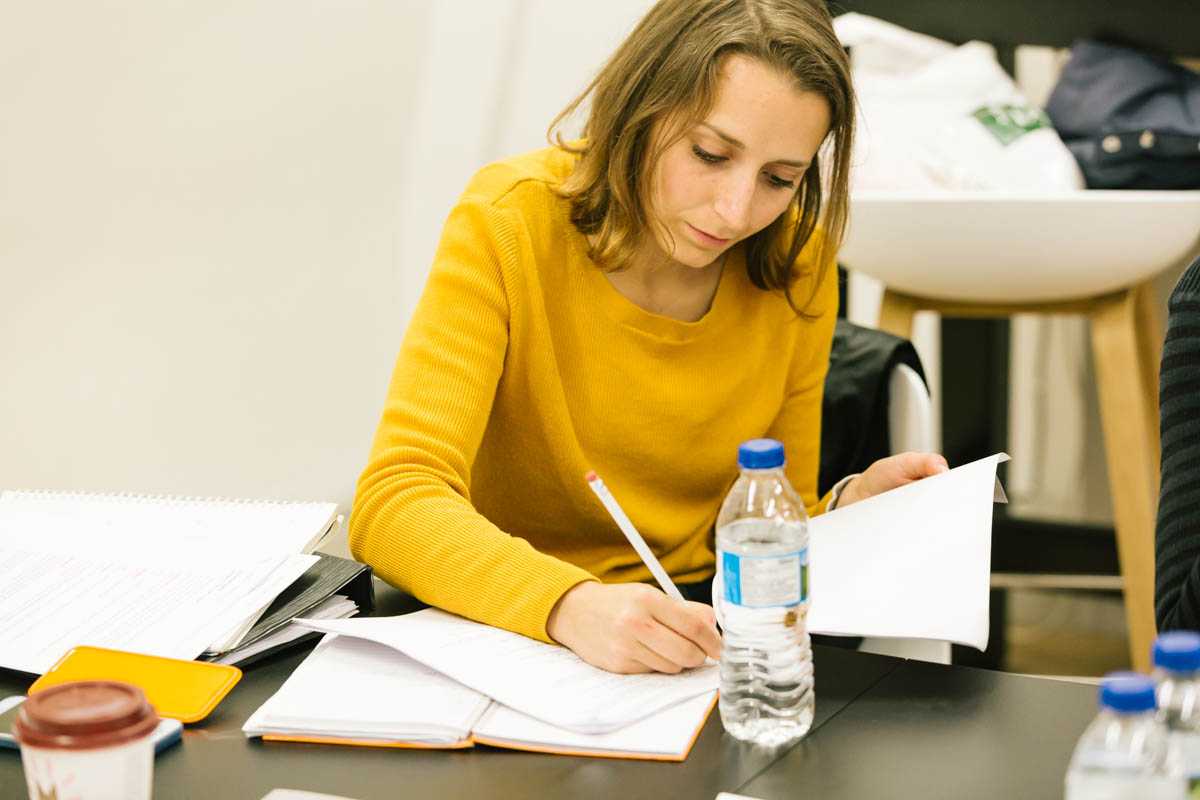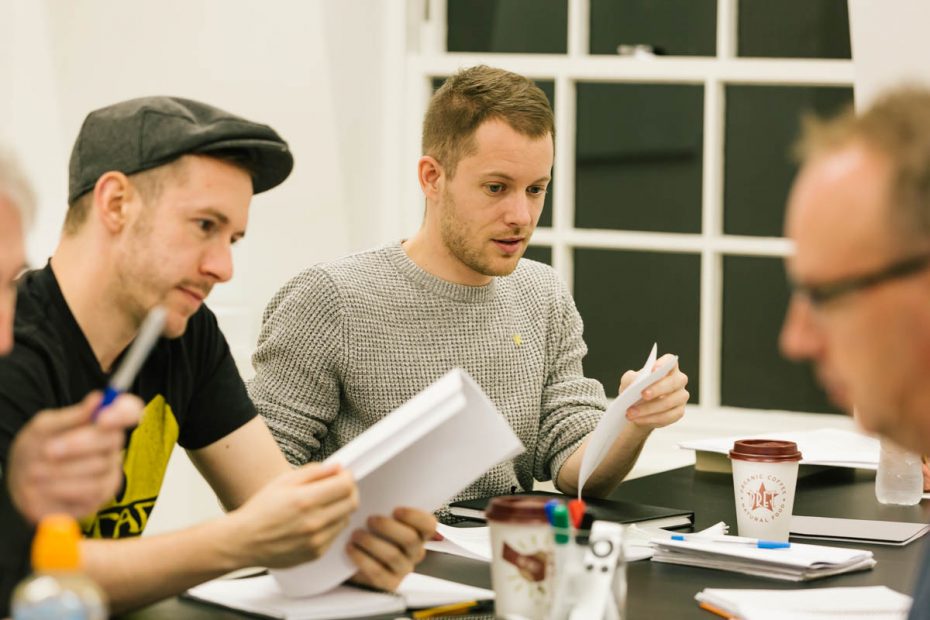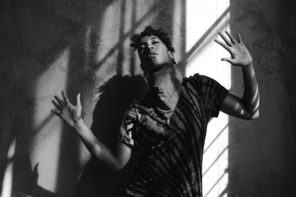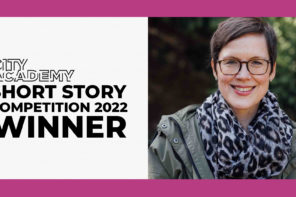Writer's block is usually a result of fear. Fear that your work won’t be able to discover anything new and fear that it won't be perfect. Well there is no such thing as perfect, particularly when you start on an idea. Writing is an ongoing process of edits and revisions. If you wait for 'inspiration to strike', you could be waiting forever. Try these 5 writing exercises below to explore new ideas and break the block.
1. Study a Stranger
Observe someone on public transport, in a café, bar, in a park and write a physical description of them. A few hours later, create an internal profile for this character; their desires, likes, dislikes, occupation, family and backstory. Then place this character in a situation, where you see them right now, this second, and write that scene. Could you use this character as the starting point for a story?
2. Free Writing
Just write off the top of your head. Ignore punctuation, grammar, writing quality. Just write a piece of prose freely. It can be totally random. Do this for 15-20 minutes on any subject. What is making you angry? What makes you sad, happy, excited? Don’t hold back or edit - just write as you go. Then put this away for an hour while you go and do something else – make lunch, whatever, and then come back to it. Is there anything in there that could be the basis of a story, a character? Play detective with what you’ve written and use this to leap off and write a scene or a character monologue. See what comes out of it.
3. Find a Story
Read a newspaper from cover to cover. Then give yourself twenty minutes to reread and circle any articles that leap out to you – this could be an interesting/intriguing character at the heart of the article, or a story that grabs you. Take these selected articles and write a monologue from the perspective of somebody involved in the story – that could be the victim of a crime, the witness to an event etc. Or write the scene involving the juiciest dramatic moment. Could this scene and these characters be part of a bigger story?

4. Photographs
Find a random family photograph online. It must be of strangers, people you don’t know, This may be a photo of a family at the beach, a Christmas dinner, a couple in their back garden. Study the photograph and imagine this is the first moment of a stage play or screenplay. Who are the characters? What are the relationships between them? What are their backstories? What do they each want in this moment? What are the conflicts within the group? Who has a secret? Write the scene that follows the click of the camera and see where it takes you
5. Explore Your Week
We often discount the day-to-day routines of our lives and the potential for exciting stories to be generated from them. So write down a timeline for the previous week of your life. Don’t go into any detail, just write down what you did step by step. E.g Monday – Work, lunch, work, travelled home, watched TV, sleep. Do this for every day. Once you’ve completed this, go back and find a day when you did something that was not part of your daily routine, i.e. Dinner with a friend. Wedding. Your car broke down.
Write a scene based on one of these events, but change ‘you’ for another character. Remember that all scenes and stories are based on somebody wanting something, and an obstruction being placed in their way. Create a desire and an obstacle for the new character in this scene and write it. Could this scene be the starting point to a bigger story?
Try these exercises in any order and see what you come up with. You’ll be surprised. The most important thing is not to overthink it – just get something down, no matter how good you think it is. And enjoy it. At this stage in the process, there are no right or wrong answers.
If you would like to practise your writing skills and be part of our creative community, head over to our writing department and explore our courses, where you will find tasters and courses suited to all abilities.






